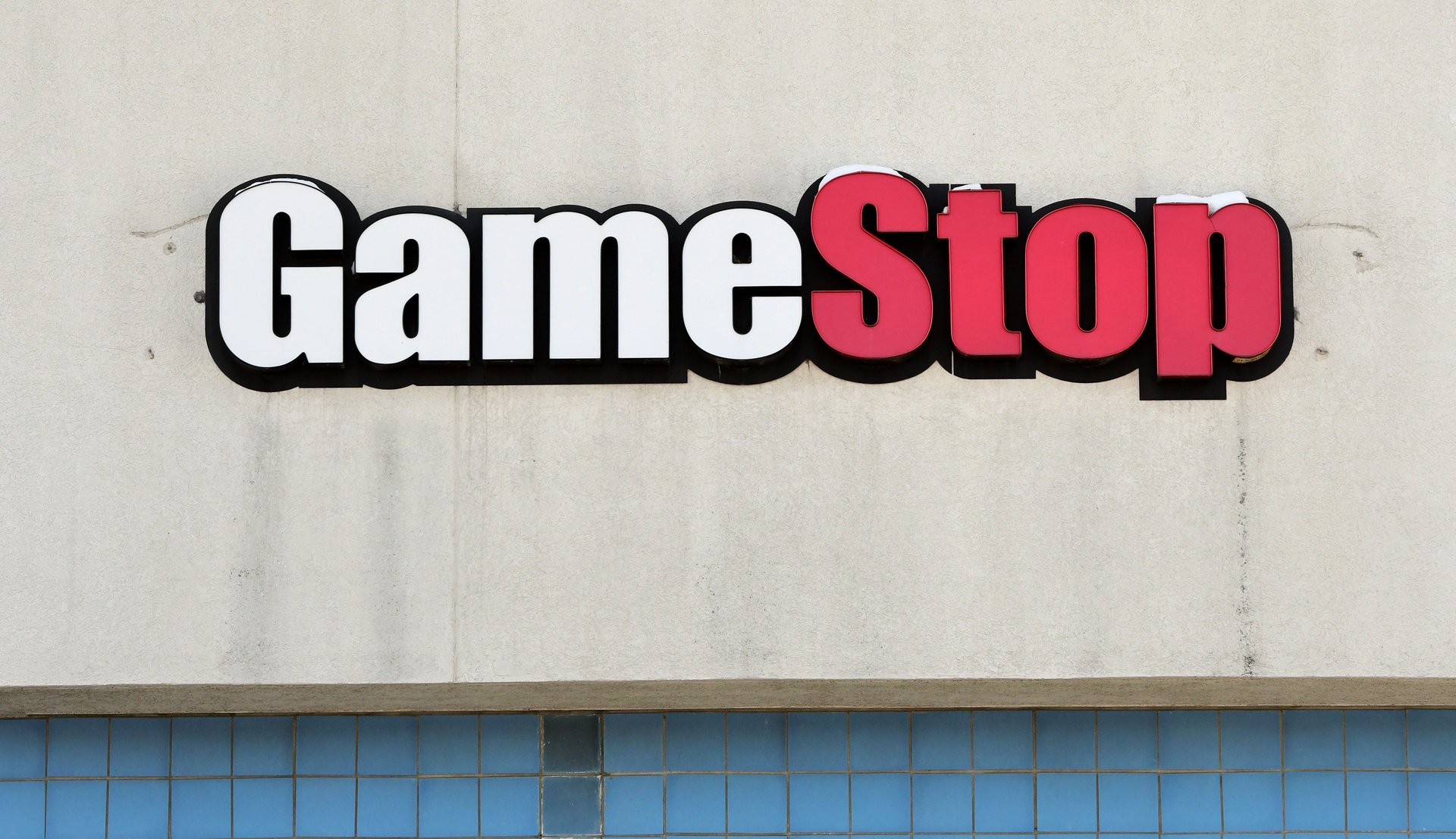GameStop stock sinks because people don't buy games like they used to
The retailer may have a long road ahead as it aims to capture the attention of consumers who like the ease of purchasing games online

GameStop Corp. is running the gamut. The video game retailer’s stock was trading sharply lower in after-hours trading Tuesday following weaker-than-expected revenue that was announced during its fourth-quarter earnings report.
Suggested Reading
GameStop stock was down by more than 15% in after-hours trading, to about $13 per share. Just a day earlier, the company’s stock rallied 15%, marking its best day in a few months.
Related Content
But the good times were short-lived for GameStop, which reported a decline in revenue for the holiday quarter led in part by continued e-commerce competition, waning consumer spending, and a fall in software sales.
GameStop missed Wall Street’s expectations. During the fourth quarter, the company reported revenue of $1.79 billion, about $0.21 cents per share. Analysts expected the company to generate revenue of $2.05 billion, about $0.30 cents per share.
The company reported a profit of $63.1 million during the fiscal fourth quarter, an increase from the $48.2 million it reported during the same period a year ago.
Gaming inflation
Like other retailers, GameStop hasn’t been immune to stubborn inflation. The retailer saw a decline in sales across its hardware and accessories categories, including software and collectibles.
Moreover, the retailer turned meme stock may just be farther removed from the days of in-person shopping as consumers hold off on buying physical game consoles.
During the recent quarter, hardware and accessories sales, which include Playstations, Xbox, and Nintendo Switch consoles, fell 61% to $1.09 billion, the company said in its 10-K filing.
Meanwhile, software sales, which include new and pre-owned gaming software as well as game downloads, fell 26% to $465 million. Even collectibles, think of your apparel, toys and trading cards, also fell 13% to $277 million.
Playing the long game
The 40-year-old retailer may have a long road ahead as it aims to capture the attention of consumers who like the ease of purchasing games online.
GameStop has faced a slew of financial challenges, including multiple bankruptcies.
The company has also had to deal with corporate headwinds. In December, the company said it would give its CEO and chairman Ryan Cohen permission to invest $900 million in cash and cash equivalents into stock for other companies.
But even so, the company is aiming to adapt.
In its 10-K filing, GameStop said it plans to increase its product offerings across physical and digital channels, make faster deliveries, achieve profitability, and leverage its brand namesake.